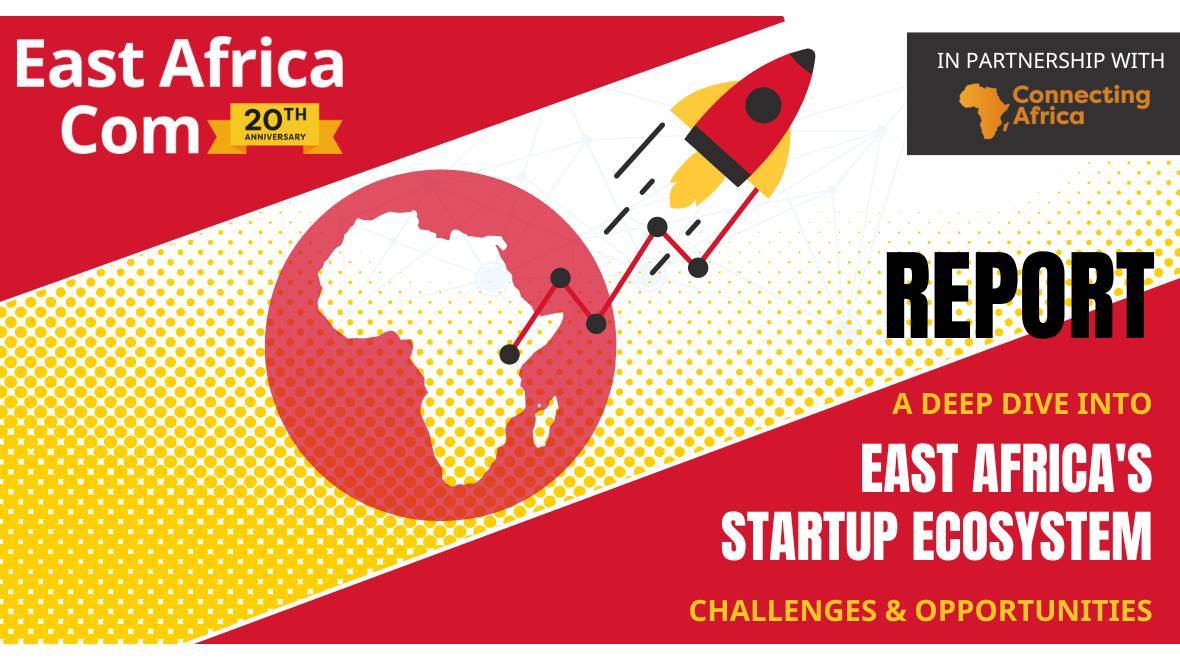Mobile money taxation threatens financial inclusion – Vodacom

Mobile money services have transformed the lives of many people across the African continent, but taxation policies pose a significant challenge to the financial inclusion gains made by these innovations.
That's according to pan-African telecoms operator Vodacom, which recently released a Mobile Money Taxation Report lobbying for more lenient taxation for fintech services.
"While many countries have embraced mobile money services, mobile money taxation can have unintended consequences for the people who stand to benefit significantly from these platforms," said Stephen Chege, chief officer for regulatory and external affairs at Vodacom Group.
Vodacom said that various governments, including Kenya and Tanzania, have not only embraced digital transformation but also provided sound and enabling policy frameworks over the years to allow for innovative solutions that empower citizens.
"For instance, mobile money platforms such as M-Pesa have been vital drivers of financial inclusion on the continent. However, government tax policies pose a significant challenge to the sustainability of mobile money services and financial inclusion gains made by these innovations," the telco said.
According to the GSMA, mobile money transaction values grew 39% in 2021 in Africa to $701.4 billion – making up about 70% of global transaction values which hit over $1 trillion for the first time in 2021.
"Disproportionate taxation measures cannot solve poorly formulated and administered tax policies in the long term. It can be argued that this approach reflects a misunderstanding of the mobile money industry and, consequently, an inaccurate assessment of the full impact of mobile money taxes," Vodacom said in the policy document.
Taxing times for Africa
In September 2022, the Tanzanian government scrapped its mobile money transfer levy, three months after the government slashed the transfer levy by 43%.
However, several other African countries continue to tax digital financial services like mobile money.
Cameroon imposed a 0.2% mobile money tax in January 2022.
Ghana followed suit in May 2022 with a new e-levy. This was originally a 1.75% tax on all electronic transactions on mobile money, bank transfers, merchant payments and inward remittances, but the government later reduced the levy to 1.5% and then dropped it again to 1% in January 2023.
Ugandans had a 1% levy imposed on all mobile money transactions in July 2018, but this was quickly cut to 0.5% following public pushback and a 24% drop in transaction values.
Meanwhile, Zimbabweans have been paying a 2% levy since 2019, the highest in Africa.
Kenya, Nigeria, South Africa, Egypt and Mauritius are among countries exploring plans for digital money taxes.
Accessibility and affordability
Vodacom has serious skin in the game as it, along with its sister company Safaricom, operates M-Pesa, one of the largest mobile payments platforms in Africa.
M-Pesa has 52 million subscribers across Kenya, Tanzania, Lesotho, the Democratic Republic of Congo (DRC), Ghana and Mozambique. It also has plans to make M-Pesa available in Ethiopia, where Safaricom launched mobile services in 2022.
The report points out that accessibility and affordability are two of the major draw cards of mobile money on the continent, giving people access to basic financial services.
"We need to remember that many of the people who use mobile money are highly sensitive to transaction costs, therefore even a marginal increase in the fees associated with using these services could make them unaffordable. Higher transaction taxes may even compel some users to return to cash-based transactions," added Chege.

(Source: Photo by Byron Kennedy)
Vodacom admits that taxation plays a critical role in helping governments across the continent meet their revenue targets and make up for the economic losses experienced during the pandemic, however, the policy paper outlines that this could potentially come at the expense of society's most vulnerable if not appropriately implemented.
Risk to investment increases
The report also suggests that increased taxes could hamper mobile money providers' ability to make the investments necessary to provide services to the underserved.
"While these taxes are targeting mobile transactions because of their high volume, it is important to remember that the value per transaction is typically quite low. This means that taxation on mobile money transactions is unlikely to significantly expand the tax base and could instead, result in the reduction of tax revenue in the future," explained Chege.
The argument is that where the tax burden is too high, there is a chance that providers will limit their investments, reducing mobile money penetration, leading to lower customer usage on the continent and consequently, the socio-economic benefits derived from these platforms.
COVID-19 consequences
"During the COVID-19 pandemic, mobile money and other digital financial services successfully built resilience and ensured safe and efficient payments. This recent success and widespread impact have reignited the trend of taxes on mobile money transactions in various countries across the continent," Chege said in the report.
He said that to meet revenue targets and repair balance sheets in the aftermath of COVID-19, some governments have increased mobile money taxes or levies to recover these losses.
"Notwithstanding that taxation increases may be inevitable, our paper finds that taxation misaligned with best practice, for example, micro-taxation on specific services like mobile money levies, would do more harm than good and should be avoided," he added.
"We ultimately find that the detrimental impact of mobile money taxation presents a sound policy ground for the removal and/or stark reduction of mobile money levies in all applicable markets," Chege continued.
Tax recommendations for regulators
The policy paper makes several recommendations to regulators including that tax policies should be structured in such a way that they are proportionate and broad-based in their application, rather than sector specific.
It also calls for more engagement between governments and regulators and mobile money operators and telcos on the unintended consequences of mobile money taxation to find a middle ground that is favorable for customers.
"It is common knowledge that the pandemic, the war in Ukraine, and climate change have all hampered Africa's progress towards meeting the Sustainable Development Goals (SDGs). Mobile money plays a critical role in meeting some of these goals by driving financial inclusion and reducing poverty among the unbanked by empowering them to access credit, loans, savings and other essential financial services," said Chege.
"Without sound and carefully implemented policies around mobile money taxation, we risk reversing the many financial inclusion gains already made on the continent."
Related posts:
- Rural connectivity needs creative funding solutions – Vodacom
- Africa accelerated mobile money growth in 2021
- M-Pesa Africa invests $2M in Shared Service Operations Centre
*Top image source: Image by Freepik
— Paula Gilbert, Editor, Connecting Africa










